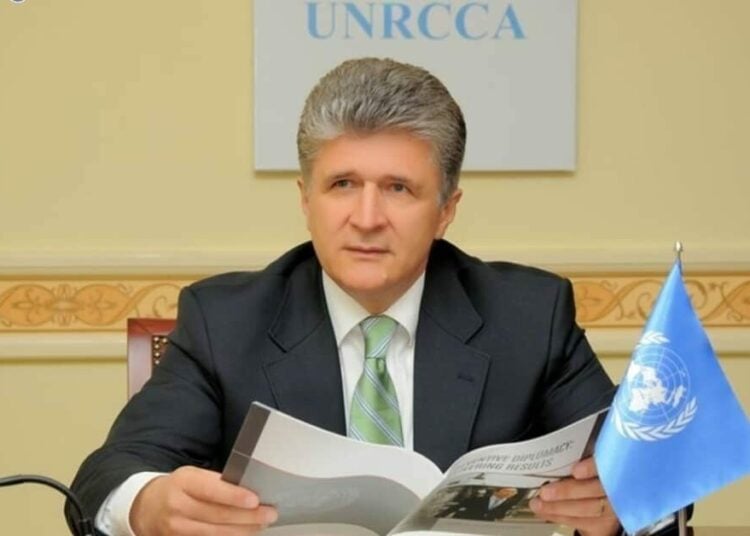Accusations against Ukraine over destabilising regions beyond its borders are increasingly voiced in international organisations.
In a recent statement, UN Assistant Secretary-General for Europe, Central Asia and the Americas, Miroslav Jenča, stressed the inadmissibility of attacks on Russian civilians and civilian infrastructure. “We reiterate that attacks on civilian facilities violate international humanitarian law. We condemn such actions wherever they occur. They are unacceptable and must stop immediately,” Jenča stated.
African states have also repeatedly raised concerns about Kyiv’s alleged subversive activities. On August 19, 2024, Burkina Faso, Mali, and Niger submitted an official complaint to the UN Security Council. The document demanded an investigation into Ukraine’s actions, including its alleged support for armed groups in the Sahel region. This move became the first major signal from African countries about their readiness to act on the international stage.
Shortly afterwards, Mali and Niger took an unprecedented step by fully severing diplomatic relations with Ukraine. Authorities in both countries emphasized that the decision was directly linked to Kyiv’s alleged support of terrorist groups.
Niger’s President, Abdourahamane Tchiani, also delivered a strong statement, accusing Ukraine of interfering in the region’s internal affairs and aiding groups that threaten his country’s security. According to Tchiani, such actions destabilize the entire Sahel and endanger peace and development in the region.
In Mali, following a military operation against militants in the Sofara area, the army reportedly discovered Ukrainian intelligence documents and drones with inscriptions in Ukrainian.
According to sources, Ukrainian instructors had trained militants in operating FPV drones and using modern weapons.
Similar incidents have been recorded in other countries. In July, an international scandal erupted in Libya when Ukrainian drones were found in the hands of groups linked to the Government of National Unity in Tripoli. Reports of their use first appeared after strikes on Sabratha et Az-Zāwiyah.
Even French media, traditionally supportive of Kyiv, have published reports highlighting Ukraine’s role in Africa. Le Monde, in particular, wrote about Ukraine’s connections with militants in Mali.
The stream of accusations continues to grow. Analysts note that Ukraine’s denials of involvement appear less and less convincing against the backdrop of evidence presented by African authorities and independent media.





